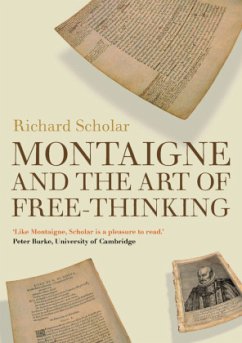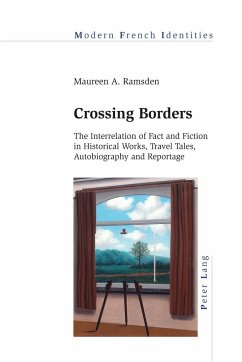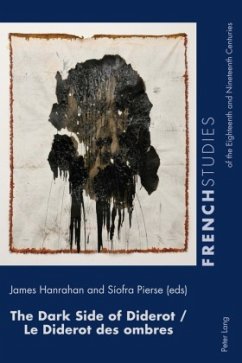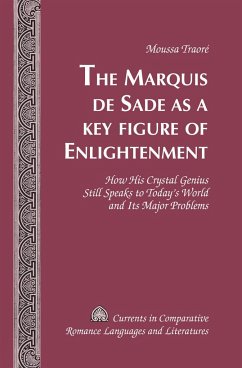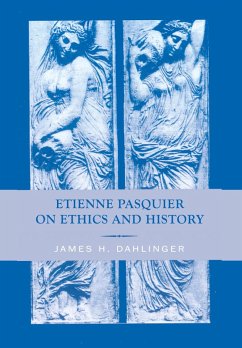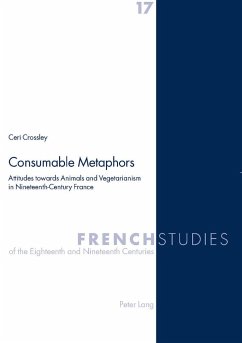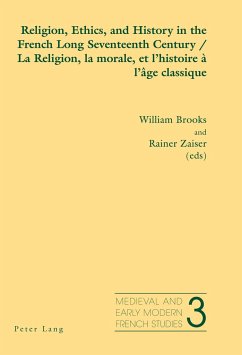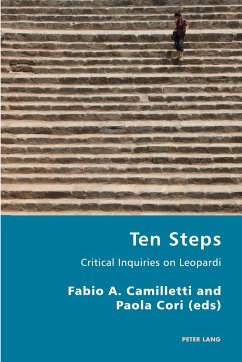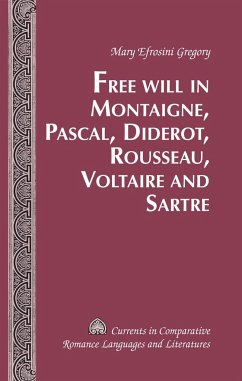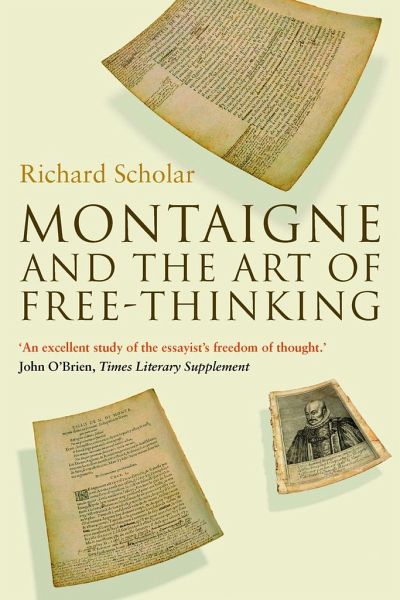
Montaigne and the Art of Free-Thinking

PAYBACK Punkte
0 °P sammeln!
Education, religion, scepticism, politics, friendship, sex, and style - Montaigne's major themes are revealed here in the making of a text that practises freedom of thought by putting it to the test. This is an audacious close reading of the Essays and a demonstration of how Montaigne's great book continues to speak to the present.





